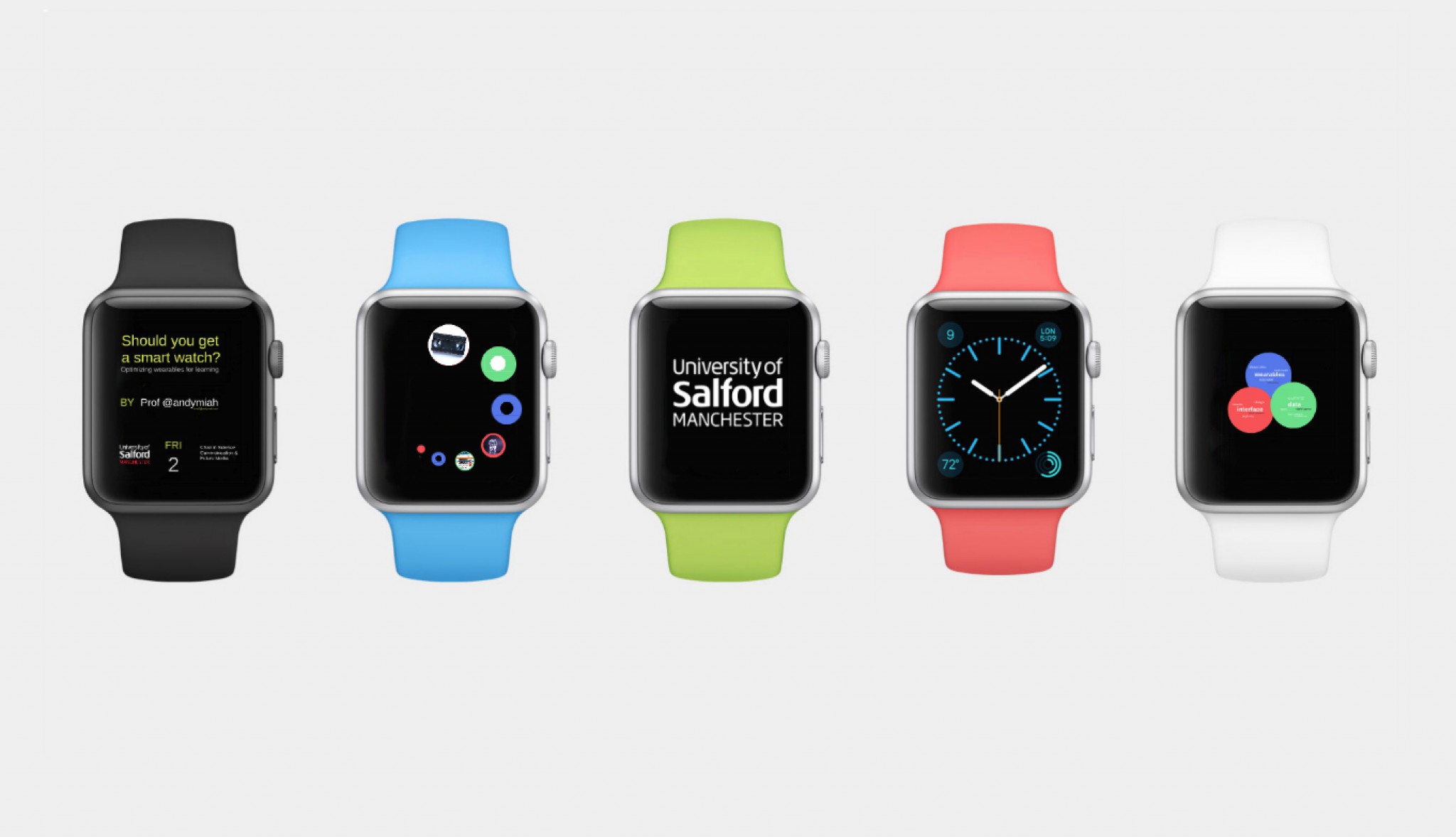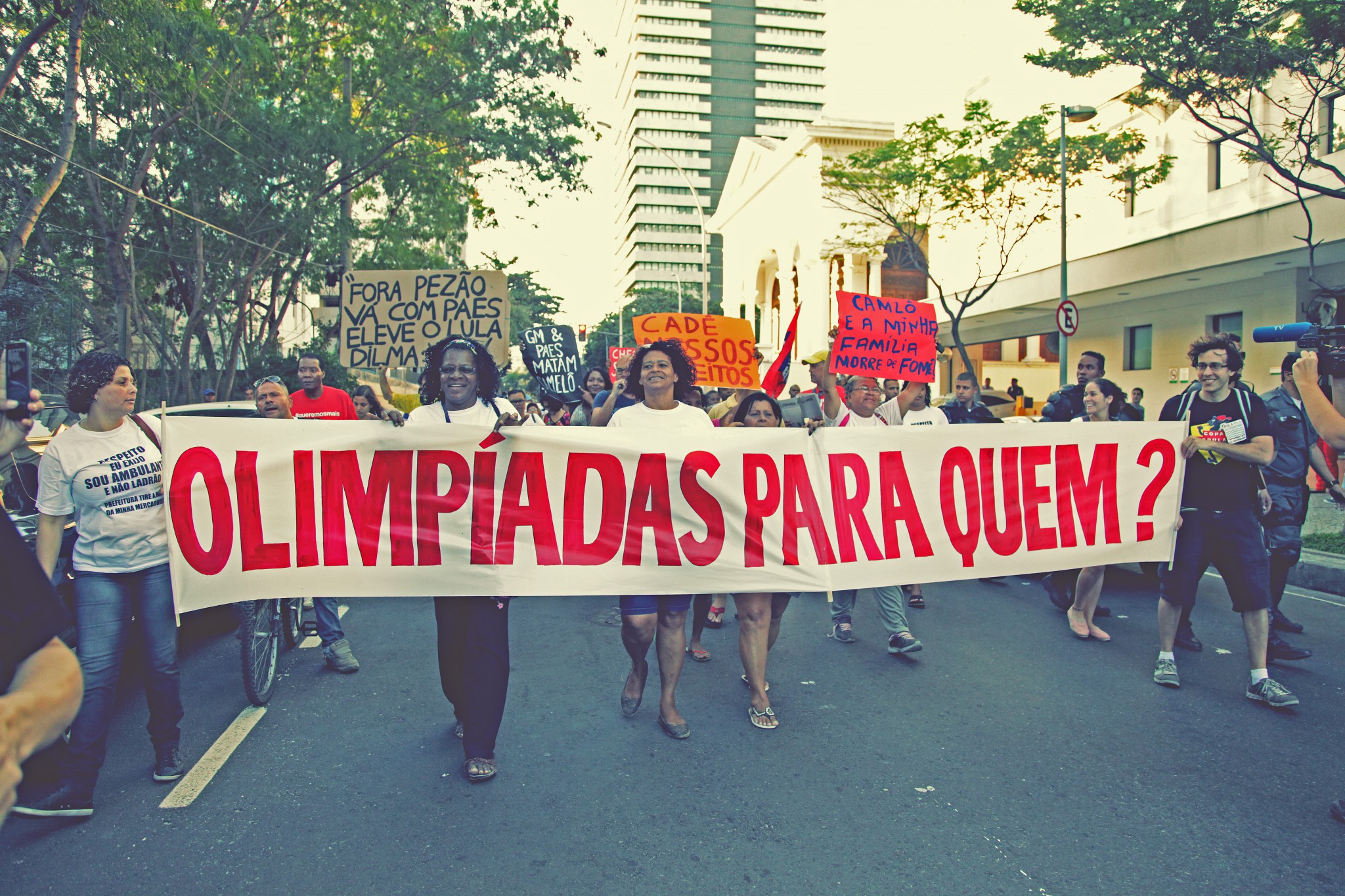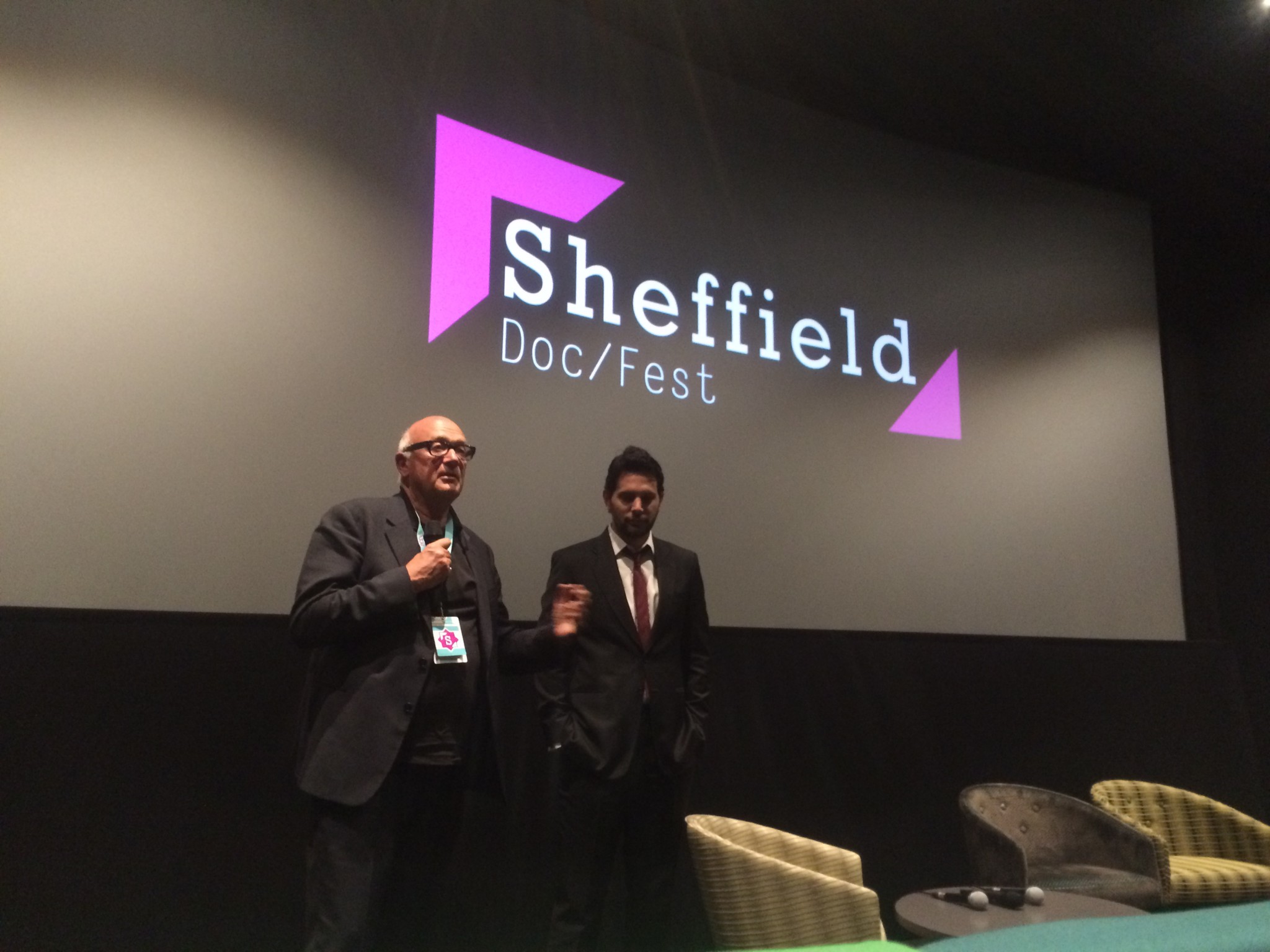This week, i was in my home city of Norwich for 'BIG' the STEM communicators Network, at which I received their Josh Award for science communication. The Josh Award is so named after Josh Philips, the first science communicator at the Museum of Science and Industry in Manchester. You can read a bit more about Josh here. I had a chance to talk to his dad while in Norwich, which was really lovely.
It was fantastic to be among such wonderful communicators and it was really humbling to see the range of talented people who are making a career out of professional science communicators.
This award comes at a wonderful time for me, as I find myself doing a lot more production, commissioning, and staging of science communication activities. During the event, I attended a session for freelancers, to understand what they need and what they are going through. it was led by my friend Greg Foot who has to be one of the best examples out there for this kind of work.
I'm really over the moon to have received this award. My first forays into science communication were when I was a PhD student and decided I needed to start building websites to communicate my research. I remember hearing that the average academic article is read 6 times and felt there was a lot more we need to do to get our work out there. Since then, I have made public communication, engagement, and involvement, a core part of my own research discovery process. From working with film makers on productions, to developing concepts around theatrical shows, to giving talks at festivals and speaking/writing for the media, communication is core to what I have tried to do as an academic.
My new role at University of Salford, along with the wonderful relationships I am developing around Manchester with the likes of MOSI's Sally McDonald, Natalie Ireland, and Marieke Navin, along with long standing relationships with other creative people in the city, it feels like this year is really going to be a fantastic time for me to have this award and, I hope, make a contribution to the prospects of other science communicators.
The major thing for me will be the Salford Science Jam, a weekend of science activity taking place at our university building in Media City. Keep the 24-25 October free to come to Manchester!!


















































